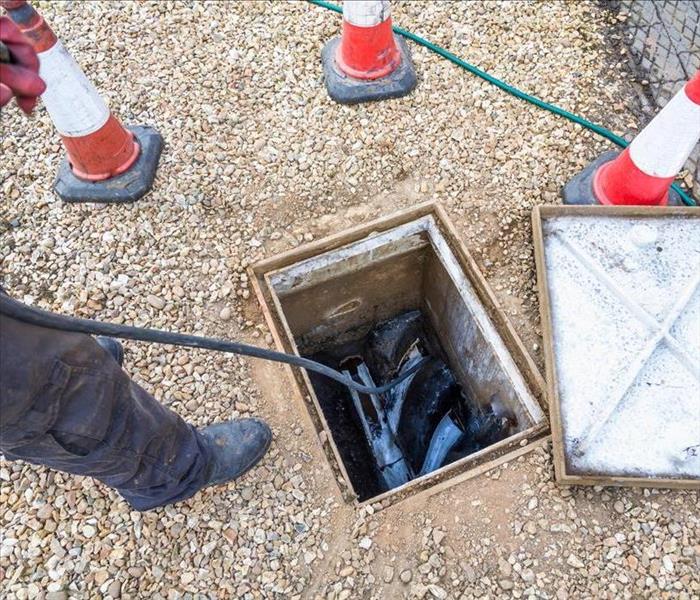Avoiding the Potential Small Business Claim in Your Pipes
10/5/2021 (Permalink)
Running a business is expensive, which is why most strategies involve cost-cutting and efficiency. One of the most significant expenses for commercial buildings is water damage. Unfortunately, it is relatively common and can lead to lengthy business claim processes. To reduce your overall risks, talk to a water mitigation professional in Layton, UT, about plumbing maintenance.
4 Maintenance Musts To Avoid a Small Business Claim
Whether you fear a pipe break or sewage backup, knowing proper maintenance protocols is essential to limiting your risks of plumbing disasters. People are often amazed at how much routine cleaning and inspections can reduce overall disaster risks, but staying on top of issues when they are minor means avoiding the expense of significant problems later. There are at least four steps you can take to limit the potential issues, especially severe ones.
1. Fix Recurring Problems
Commercial facilities are always busy, meaning that minor problems and repairs can go unnoticed or be viewed as nuisance issues that do not require immediate attention. However, recurring problems often become significant issues if left to fester.
While a bathroom sink might become clogged frequently and is seemingly restored with a plunger or auger, there might be more going on deeper in the drain if it is a persistent problem. Anytime a plumbing issue comes up again and again, it is crucial to address and fix the underlying problem.
2. Block Debris From Drains
In commercial kitchens, it is common for food waste and other materials to find a way into the drains — the same can be said for floor drains. If you want to reduce your risks of clogs and future plumbing problems, find a way to block large debris from entering the system.
Many drain covers and nets can help eliminate the risk of things entering the system unintentionally. However, it is also beneficial to put up caution and warning signs to deter complacency. You might also need to put up signs in bathrooms or toilet stalls addressing what is not appropriate or flushable.
3. Adhere To a Maintenance Schedule
All commercial drains require upkeep. Any drain left alone for years, or longer will develop clogs and problems. Your maintenance staff should focus on cleaning drains around the property at least once per year.
When cleaning drains, it is important to avoid harsh chemicals. Chemical cleaners can do more harm than good. It is better to use an auger or drain snake to ensure no obstructions in the line. For more thorough cleanings, you can contact a professional.
4. Schedule Professional Cleanings
Annual inspections of your plumbing systems are routine, but bi-annual scheduling inspections are even better. A professional review in the fall and early spring is necessary to ensure no climate-related damage to the system. In most instances, the professional you hire will use a scope to inspect all plumbing lines, informing you of any issues they come across.
A business claim is often necessary to restoring damage after a plumbing disaster. However, it is better to focus on prevention and maintenance to reduce the risks of a large-scale disaster.





 24/7 Emergency Service
24/7 Emergency Service
